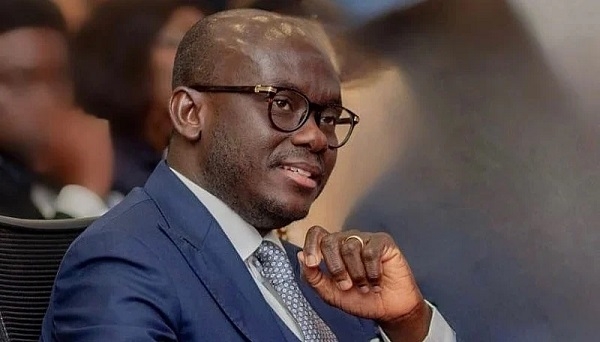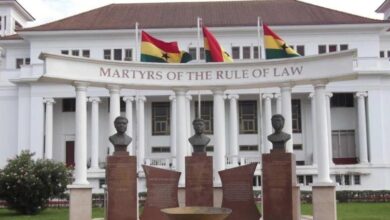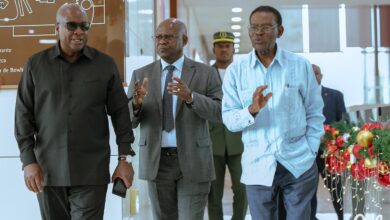The Constitution is Non-Negotiable, Courts Have the Final Say – AG Warns
Attorney General Godfred Dame insists that any violation of the Constitution will be struck down by the courts, with no exceptions

- AG Godfred Dame reaffirms that no individual or institution, including the President, holds sovereign power
- The Attorney General emphasizes that the Judiciary holds the ultimate judicial power
- Dame urges legal practitioners to support the Judiciary
Attorney General and Minister of Justice, Godfred Yeboah Dame, has firmly reiterated that no individual or institution in Ghana holds sovereign power, as sovereignty ultimately belongs to the people under Article 1 of the Constitution.
In a speech at the swearing-in ceremony of the new President and executives of the Ghana Bar Association (GBA) on November 4, Dame emphasized that the Constitution is the highest law of the land.
He pointed out that the Judiciary holds the final judicial authority, ensuring that every person or entity, including the President, is bound by its interpretation and application of the law.
Dame stated, “No institution or individual in this country possesses sovereignty. Sovereignty resides with the people of Ghana, and the Constitution is the supreme law.
The Constitution has granted the Judiciary final judicial power, and every individual, including the President, is subject to the court’s authority to interpret and apply the law.”
He further highlighted that all institutions must operate in accordance with the Constitution, warning that any actions outside of legal boundaries risk being declared unconstitutional or illegal by the courts.
“It’s as simple as that,” Dame said. “No exceptions, no negotiations.”
The Attorney General also urged legal practitioners to stand behind the Judiciary, acknowledging its pivotal role in safeguarding Ghana’s democracy.
His remarks come amid ongoing legal debates, particularly following the Supreme Court’s dismissal of an application by Speaker of Parliament, Alban Bagbin. The Speaker had sought to overturn a ruling blocking his declaration of four vacant parliamentary seats, an issue that underscores the judiciary’s role in overseeing parliamentary decisions.





